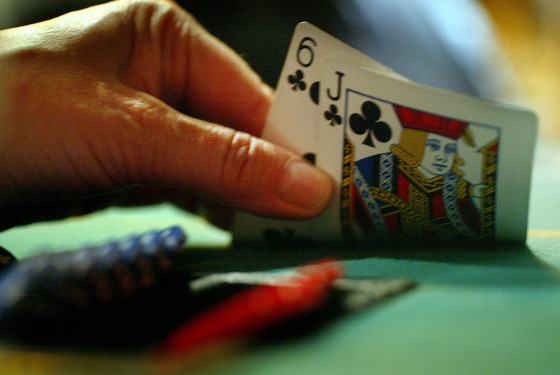Almost always raise your opponent's first bet, which can provoke an immediate fold. In later rounds, if your opponent raises, re-raise if you're holding at least a pair of threes. Err on the side of playing a hand, not folding. These and thousands of other decisions in the popular two-person version of the poker game "limit Texas hold 'em" produce a strategy so close to optimal that it cannot be beaten in the long run, according to a study published on Thursday in the journal Science. A computer program running this strategy is the first to "solve" any form of poker: it plays as close to perfectly as is mathematically possible, coming out no worse than even (over many hands) no matter what an opponent holds or does, said computer scientist Michael Bowling of the University of Alberta, who led the research.
Far from being a frivolous exercise, the poker-playing program "Cepheus" could be applied to cybersecurity, medicine, and even business negotiations, said Carnegie Mellon University computer scientist Sam Ganzfried, co-author of the program that won the 2014 computer poker competition. "The result is a significant achievement in computer poker and in artificial intelligence," he said. The public can see the ideal moves and play against Cepheus at http://poker.srv.ualberta.ca.
